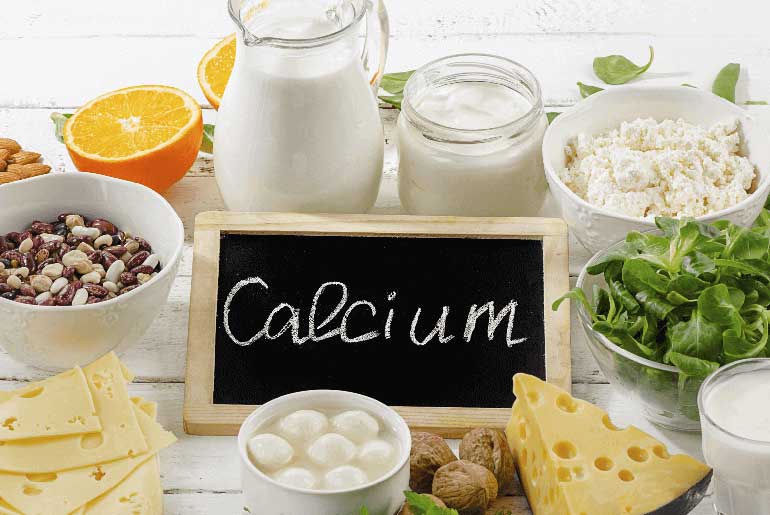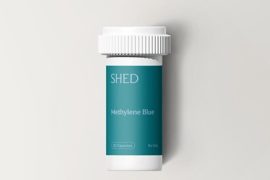Adequate calcium intake is essential for preventing osteoporosis, a condition characterized by weakened bones that is particularly prevalent among women, especially after menopause. Calcium is vital for supporting bone formation, density, and strength, which helps reduce the risk of fractures and complications related to osteoporosis. Beyond bone health, calcium plays a crucial role in muscle function, nerve transmission, and blood clotting. Women require sufficient natural calcium throughout their lives, with recommended intake varying based on age and hormonal status.
Incorporating calcium-rich foods or supplements into the diet is key to maintaining optimal bone health and overall wellness. While calcium supplements are widely available, natural sources also offer this essential mineral. Some of the top natural calcium-rich options include dairy products like milk, cheese, and yogurt, which provide a readily absorbable form of calcium along with other important nutrients.
Leafy greens such as kale, collard greens, spinach, and Swiss chard are also excellent sources of calcium, though pairing them with vitamin C-rich foods can enhance absorption. Sesame seeds are another concentrated source of natural calcium and can be easily added to various dishes. Almonds, a healthy snack, offer a good amount of calcium along with magnesium, vitamin E, and protein. Lastly, tofu, made from soybeans, provides a plant-based calcium source and contains phytoestrogens that may benefit women, especially during menopause. Incorporating these natural sources into the diet can help ensure adequate calcium intake and support overall health.
Tofu:
Tofu, made from soybeans, is a versatile and nutrient-rich food that provides a significant amount of calcium, making it an excellent choice for those on a vegetarian or vegan diet. It can be incorporated into a variety of dishes, including stir-fries, soups, salads, and smoothies, and absorbs flavors well, enhancing its adaptability in cooking. Additionally, tofu contains phytoestrogens, which may offer extra health benefits for women, particularly during menopause.
Almonds:
Almonds are a nutritious and convenient source of calcium, making them an excellent option for those who may not consume dairy or are lactose intolerant. In addition to calcium, almonds provide magnesium, vitamin E, and protein, which contribute to overall health. You can incorporate almonds into your diet by eating them as a snack, adding them to salads or yogurt, or using almond milk as a dairy alternative.
Sesame seeds:
Sesame seeds are a highly concentrated source of calcium and can be easily added to your diet. Just one tablespoon provides a significant amount of calcium. They can be sprinkled on salads, added to stir-fries, or used to make tahini, a paste popular in Middle Eastern cuisine. In addition to natural calcium, sesame seeds are rich in magnesium, iron, and zinc, making them a valuable and nutritious addition to a woman’s diet.
Dark leafy greens:
Dark leafy greens, including kale, collard greens, spinach, and Swiss chard, are excellent sources of calcium and offer additional nutrients like vitamin K, magnesium, and fiber that support bone health. While spinach is notably high in calcium, it also contains oxalates that can inhibit calcium absorption. To enhance natural calcium uptake, consider cooking spinach or pairing it with foods rich in vitamin C, which can improve absorption.
Dairy products:
Dairy products, including milk, cheese, and yogurt, are excellent sources of calcium, offering a readily absorbable form of this essential mineral along with beneficial nutrients like protein, vitamin D, and phosphorus, all crucial for bone health. Opting for low-fat or non-fat dairy options can help reduce saturated fat intake. However, for those who are lactose intolerant or have dairy allergies, exploring alternative natural calcium sources is important to ensure adequate intake and support overall bone health.
Disclaimer:
The information contained in this article is for educational and informational purposes only and is not intended as a health advice. We would ask you to consult a qualified professional or medical expert to gain additional knowledge before you choose to consume any product or perform any exercise.








